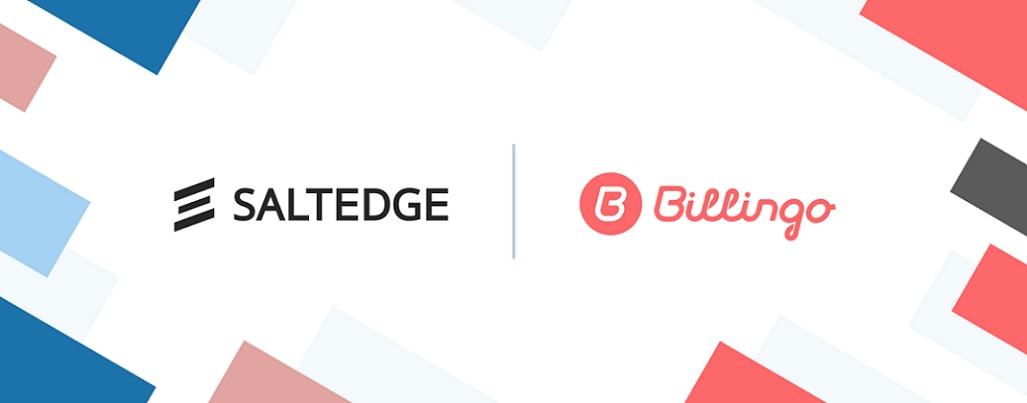
Billingo, the second-largest online invoicer in Hungary joined hands with Salt Edge, a leader in developing open banking solutions, to become the very first online biller in the country to offer a range of opportunities fuelled by bank data aggregation, without having their own PSD2 licence.
Open banking started its journey in Hungary in September 2019 when PSD2 was transposed into national law. A high level of technological development in the country allows discovering ways to help businesses digitalize based on open banking possibilities.
Billingo offers administration, billing, and financial management services to businesses across Hungary. With the Salt Edge Partner Program, the company gets instant access to bank data in an easy and compliant way, integrating with bank PSD2 channels without having their own AISP licence.
„Billingo can now reduce administrative burdens and deliver new digital and financial services powered by bank data aggregation to assist webshops, accountants, and online invoice users.’, according to the press release.
„Using data aggregated from multiple banks, Billingo will automate and ease all major billing processes, offering the possibility to track the status of invoice fulfillment, providing a quick overview of clients’ short-term liquidity, and sharing bank account history with their accountant.”, the company said.
Salt Edge enables Billingo to connect via one platform to nine major Hungarian banks: Erste Bank, OTP Bank, CIB Bank, Raiffeisen Bank, K&H Bank, UniCredit Bank, Budapest Bank, MKB Bank, ING Bank, and to over 5000 financial institutions worldwide. The company’s bank coverage is congruent with Billingo network expansion plans within the next several years.
“Salt Edge is one of the most sophisticated companies in the open banking world, with access to 5000+ banks in more than 70 countries. Billingo chose Salt Edge as it has the greatest bank coverage in Hungary and is considered one of the most skilled and experienced companies in the world,” said Albert Sárospataki, Co-founder of Billingo.
“In the modern digitalized society, the implementation of open banking is crucial as it simplifies the banking experience to attend to customer needs and provide innovative capabilities for them. Billingo is a cutting-edge modern company that makes financial processes simpler and more efficient. Salt Edge always seeks more ways to widen its collaboration horizon and is proud to work with a company that supports businesses and promotes open banking solutions in Hungary”, said Dmitrii Barbasura, CEO at Salt Edge.
Salt Edge is a financial API platform with PSD2 and open banking solutions. The company has two main vectors of activity: enabling third parties to get access to bank channels via a unified gateway, and developing the technology necessary for banks to become compliant with the directive’s requirements.
ISO 27001 certified and AISP licensed under PSD2, the company employs the highest international security measures to ensure stable and reliable connections between financial institutions and their customers. The company is integrated with 5100+ financial institutions in 70+ countries.
Banking 4.0 – „how was the experience for you”
„To be honest I think that Sinaia, your conference, is much better then Davos.”
Many more interesting quotes in the video below: